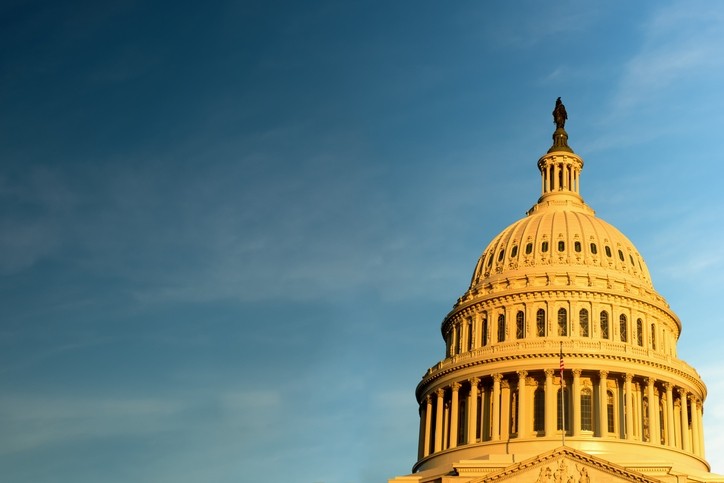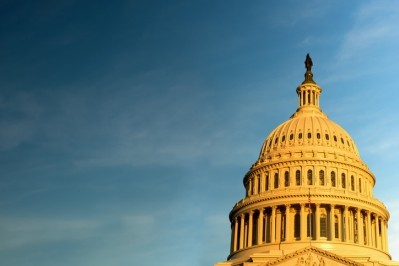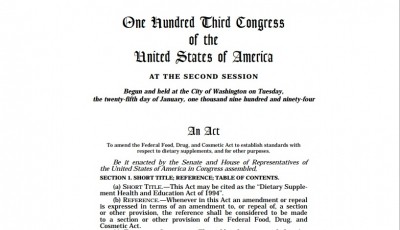DSHEA at 25
Balancing consumer access and safety

Setting aside the fact that the legislation passed with overwhelming bipartisan support (something that is hard to imagine today), DSHEA created a robust regulatory structure to provide the Food and Drug Administration (FDA) with adequate authority to ensure supplements are reasonably expected to be safe and meet strict quality standards. At the same time, it preserved American consumers’ access to a wide range of these health-promoting products.
Success of balancing act
This balance is why the FD&C Act as amended by DSHEA and subsequent amendments has been so successful, as it has met the shared goals of consumers, lawmakers, regulators and the industry of providing access to safe, well-manufactured, and appropriately labeled products.
This robust regulatory framework also helped foster a vibrant industry that was bolstered by an evolution in views on health and wellness. In the last 25 years, the comprehensive manufacturing and labeling requirements imposed by DSHEA and other amendments to the FD&C Act have been effective in protecting consumers without unnecessarily impeding the industry. As the health supplement industry flourished into a $40 billion industry, this class of goods continues to present a relatively low risk to the public health. This is a reflection not only of the inherent safety of the ingredients used in supplements, but also of the responsible industry committing significant resources to comply with the law.
DSHEA wasn’t the last amendment to the FD&C Act that impacted supplement companies. Notably, the requirements to register manufacturing facilities and submit serious adverse event reports to FDA have both occurred in the interim. Most recently, the Food Safety and Modernization Act (FSMA) includes several provisions that impact many supplement companies. As the industry grows and matures, it should be expected that the FD&C Act will continue to be assessed and modified to meet emerging issues.
Lending expertise as FDA looks at new alternatives
The American Herbal Products Association (AHPA) and its members are continuously evaluating requirements of current laws and regulations and regularly issue industry guidance and policies that promote industry best-practices that go above and beyond what is required by federal law. AHPA will be lending its expertise as FDA proceeds with its recently announced initiative to assess the current regulation of dietary supplements and consider ways to modernize and reform the agency’s oversight.
Maintaining the appropriate balance that DSHEA established will be an ongoing process for regulators, lawmakers and the industry. AHPA will continue to work with all stakeholders to maintain this balance and further the shared goals of consumers, regulators and the responsible industry.








